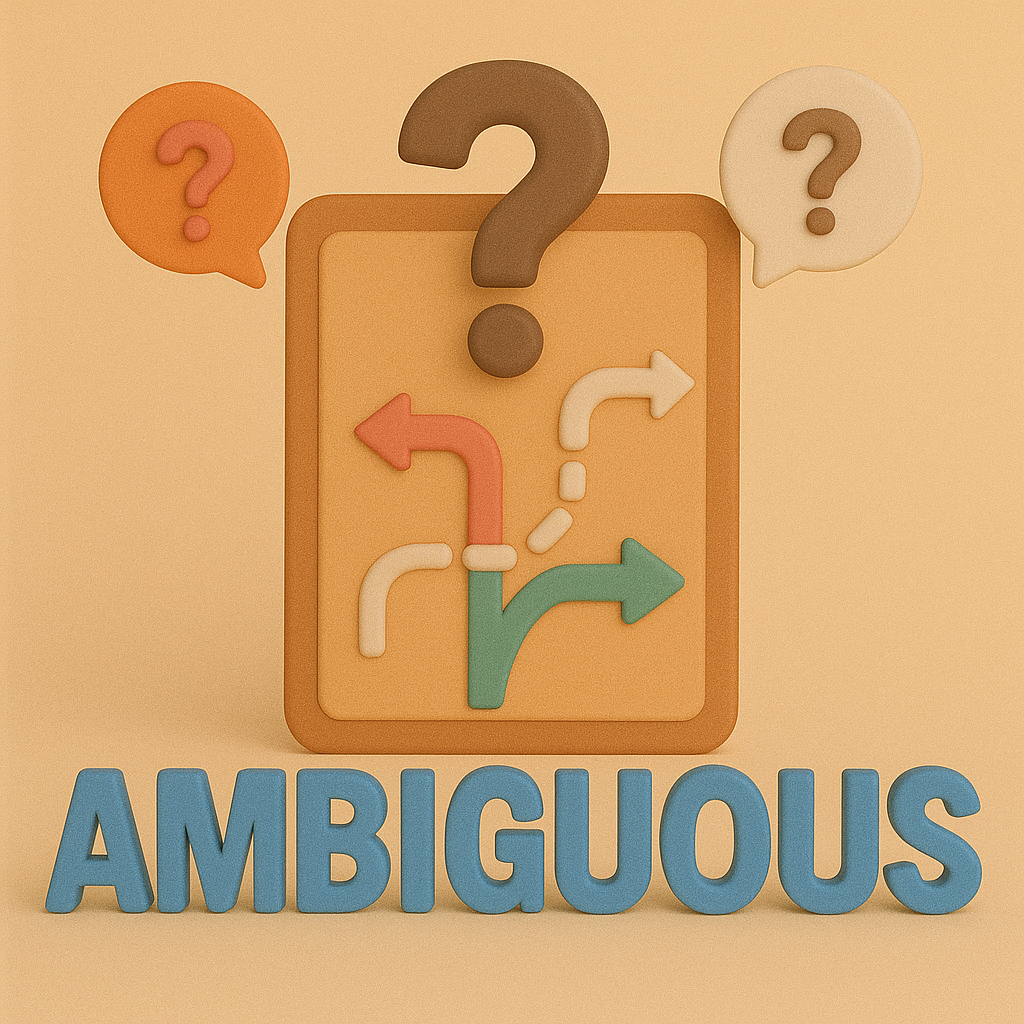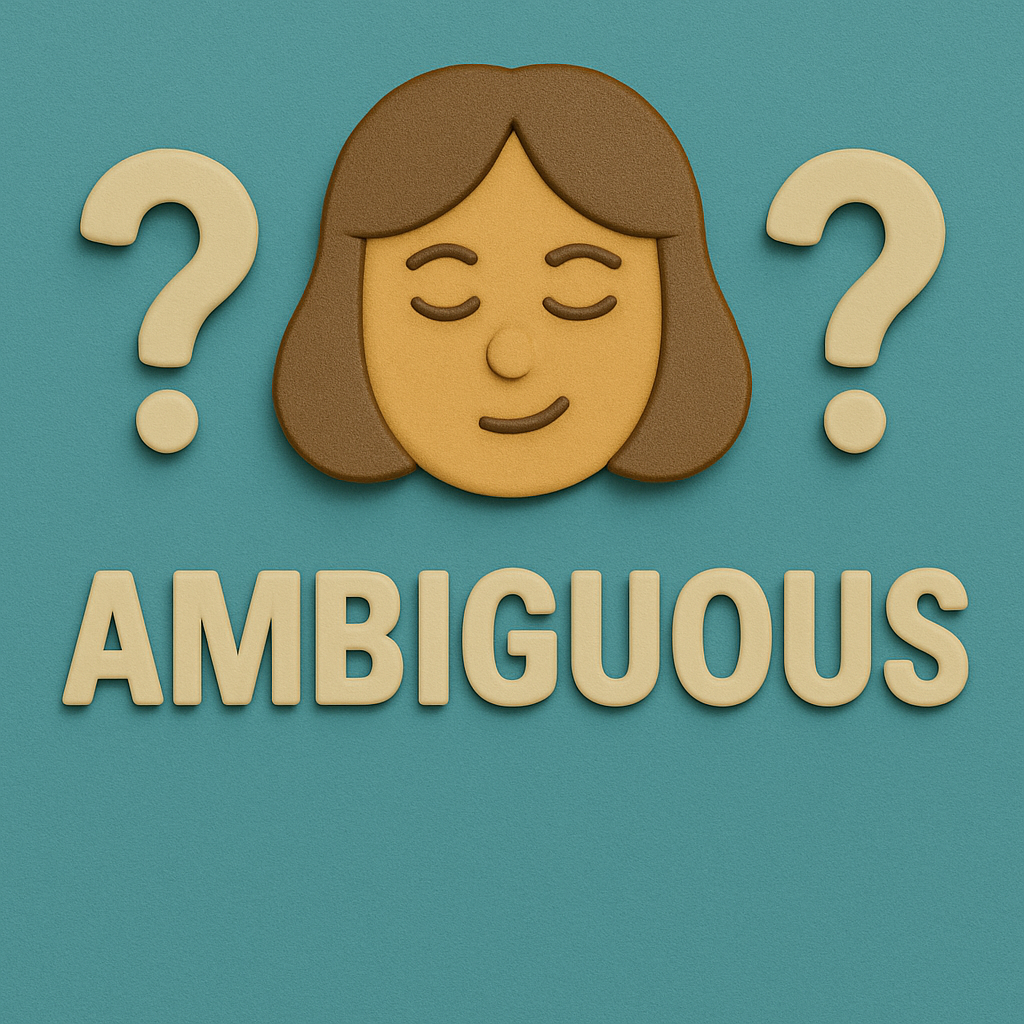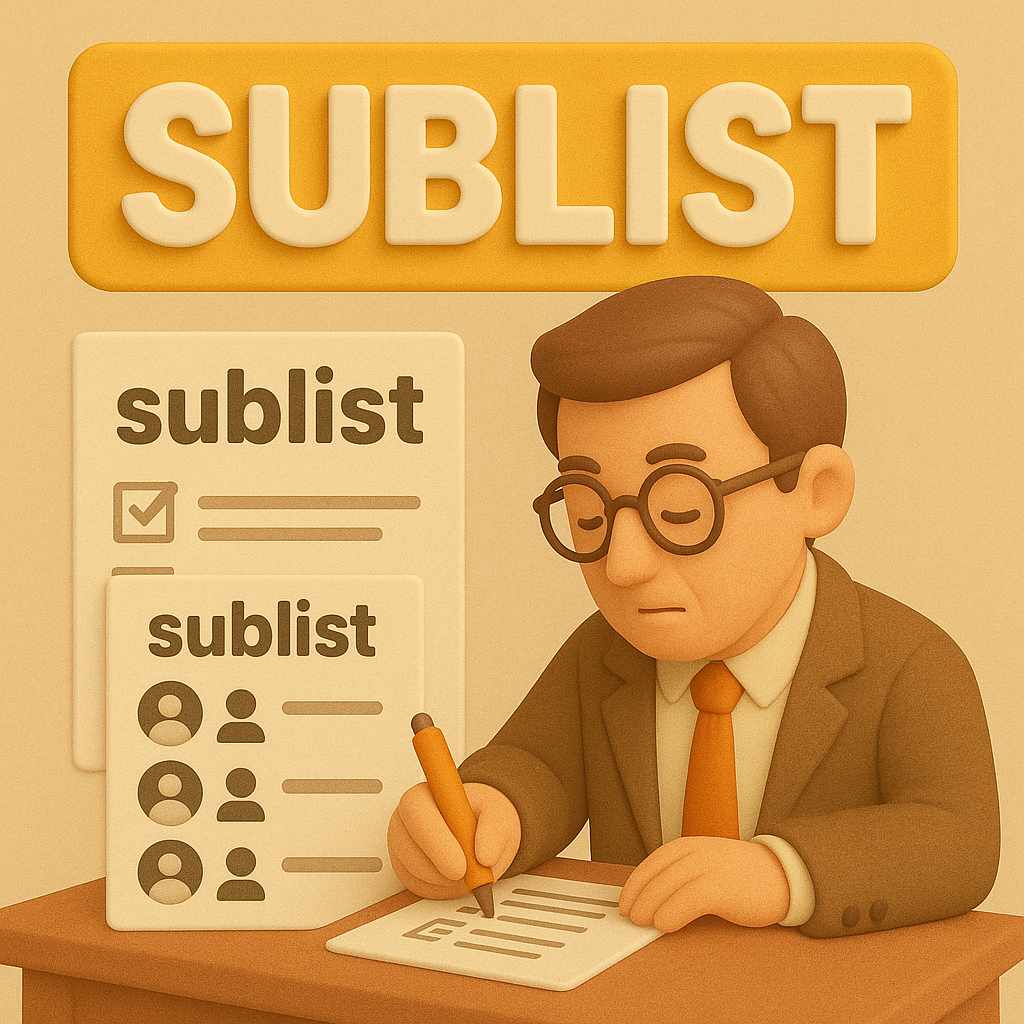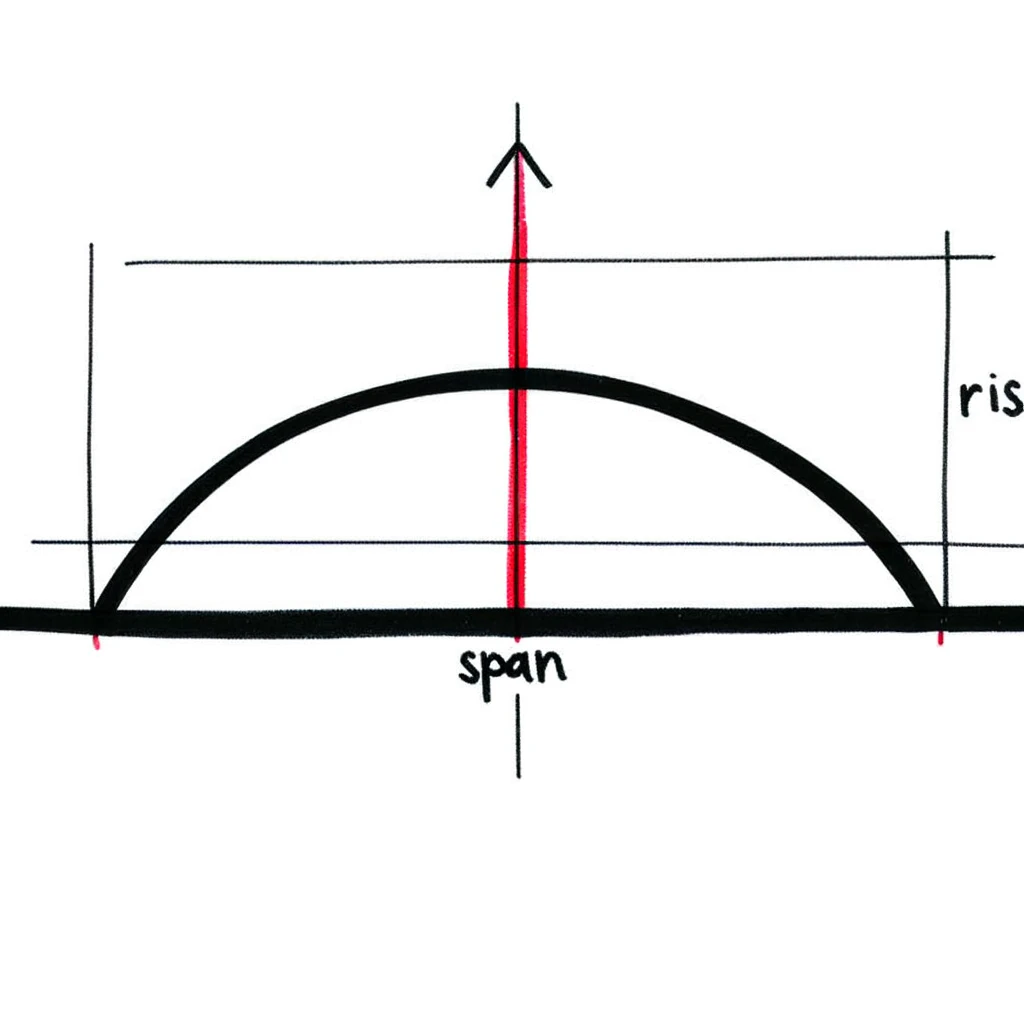Ambiguous
Definition
Ambiguous is an adjective meaning (1) open to more than one interpretation; having a double or uncertain meaning; or (2) unclear because a choice between alternatives has not been made or is not specified. In rhetoric it can overlap with “equivocal,” sometimes implying deliberate vagueness.
Parts of Speech
- Adjective
Pronunciation
American English
- IPA: /æmˈbɪɡjuəs/
- Respelling: am-BIG-yoo-uhs
British English
- IPA: /æmˈbɪɡjʊəs/
- Respelling: am-BIG-yoo-uhs
Etymology
Late 16th century: from Latin ambiguus “uncertain, going in two ways,” from ambigere “to go around, waver, dispute,” from ambi- “both, around” + agere “to drive, lead.”
Derivatives
- ambiguity (noun) — the quality of having multiple possible meanings
- ambiguously (adverb) — in an ambiguous way
- unambiguous (adjective) — having only one clear meaning
- unambiguously (adverb) — in a way that is clear and single-meaning
- ambiguousness (noun; rare) — state of being ambiguous
Synonyms
- equivocal
- unclear
- vague
- indeterminate
- obscure
- open to interpretation
- cryptic
Antonyms
- clear
- explicit
- definite
- unequivocal
- unambiguous
Usage
Adjective: “The supervisor’s ambiguous instructions led to different interpretations.” / “The ending is deliberately ambiguous, inviting viewers to debate what happened.” / “He gave an ambiguous answer that could be taken either as support or criticism.”
Related Terms
- Ambiguity: The phenomenon of multiple possible meanings; can be lexical (word-level) or structural (sentence-level).
- Equivocation: Intentional use of ambiguous language to mislead.
- Vagueness: Indeterminacy due to lack of precision rather than multiple discrete meanings.
- Polysemy: A single word having several related meanings.
- Amphiboly/Amphibology: Ambiguity arising from sentence structure.
- Double entendre: A phrase with two meanings, typically one risqué or humorous.
Detailed Definitions
Adjective
- Open to more than one interpretation — language or symbols permitting multiple readings.
- Example: “The clause ‘fast drivers only’ is ambiguous: does it mean skilled drivers or those who drive quickly?”
- Unclear or inexact due to unresolved alternatives — a situation or plan lacking a single definite course.
- Example: “The company’s ambiguous roadmap left investors unsure about priorities.”
- (Often of attitude or signals) Mixed or equivocal — conveying more than one, possibly conflicting, implication.
- Example: “Her ambiguous smile suggested both approval and doubt.”
ambiguous








